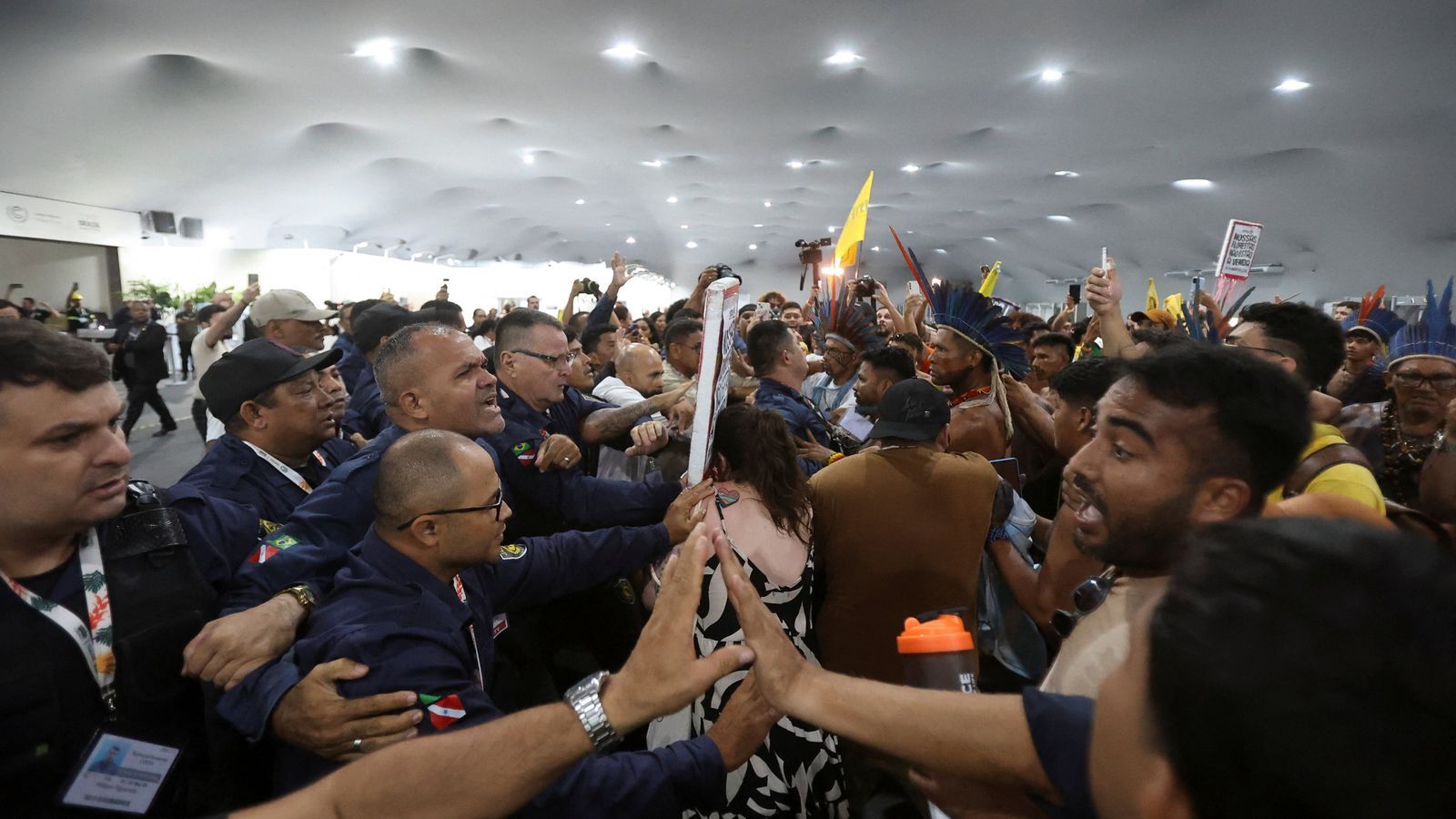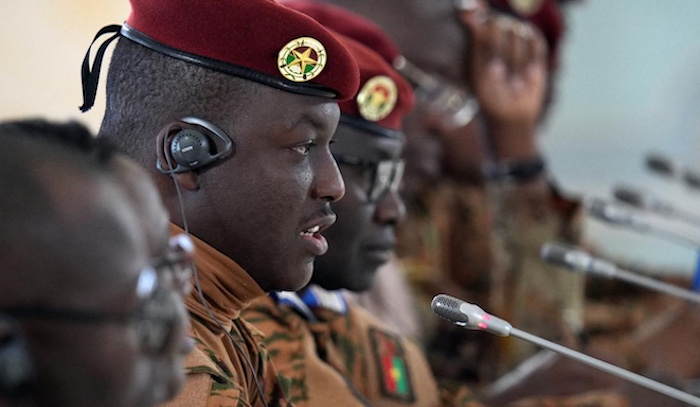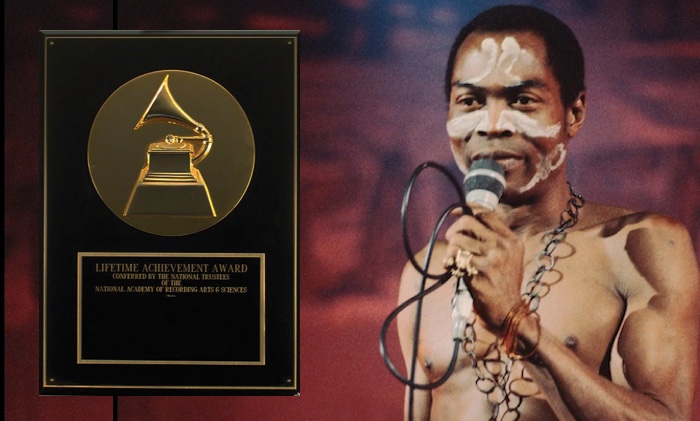
The COP30 climate summit in Belém, Brazil, descended into chaos on Tuesday night after indigenous activists and environmental groups stormed the conference venue, demanding immediate action to stop Amazon deforestation.
Chanting and carrying banners declaring “Our forests are not for sale,” protesters clashed with UN and Brazilian security, forcing a temporary halt to negotiations.
Videos shared widely on social media show demonstrators—some in traditional indigenous attire—kicking down doors, beating drums, waving flags of the left-wing youth movement Juntos, and pushing past initial security barricades.
UN officials confirmed that protesters breached the first layer of security but were prevented from advancing deeper into the restricted zones.
Authorities reported minor injuries, including a security guard struck in the head by a drum. Several staff members sustained bruises, and parts of the venue suffered limited damage.
Both Brazilian authorities and the United Nations have launched investigations into the breach—an unusually serious incident at one of the world’s most tightly controlled diplomatic events.
A Flashpoint in Global Climate Politics
COP30, held from November 10 to 21, brings together nearly 200 nations to negotiate global climate targets. This year’s conference marks ten years since the Paris Agreement, prompting renewed scrutiny over governments’ progress toward limiting global warming to 1.5°C.
Belém’s location—at the gateway to the Amazon—has been a point of intense debate. Indigenous communities and environmentalists argue that Brazil’s ongoing deforestation, agribusiness expansion, and new oil and gas projects undermine the very goals the summit hopes to achieve.
“We can’t eat money,” said a Tupinambá leader, calling for stronger protection of indigenous territories threatened by illegal logging, mining, and industrial development.
A Demand for Climate Justice
Protesters insist that world leaders recognize indigenous peoples as crucial guardians of the Amazon—home to unparalleled biodiversity and a vital buffer against global warming. Scientists warn that accelerating Amazon deforestation is pushing the rainforest toward an irreversible tipping point, with far-reaching consequences for global climate patterns.
The dramatic protest triggered widespread reaction online, with many praising the demonstrators’ courage while criticizing the slow pace of international climate action. Analysts say the disruption underscores the growing frustration among frontline communities who feel ignored in global climate negotiations.
Mounting Pressure on COP30 Delegates
As talks resume, negotiators face soaring pressure to address both long-standing climate commitments and the rights of indigenous peoples who safeguard the world’s largest rainforest.
The breach at COP30 serves as a powerful reminder: the fate of the Amazon—and the global climate—hangs in the balance, demanding urgent action before the damage becomes irreversible.



